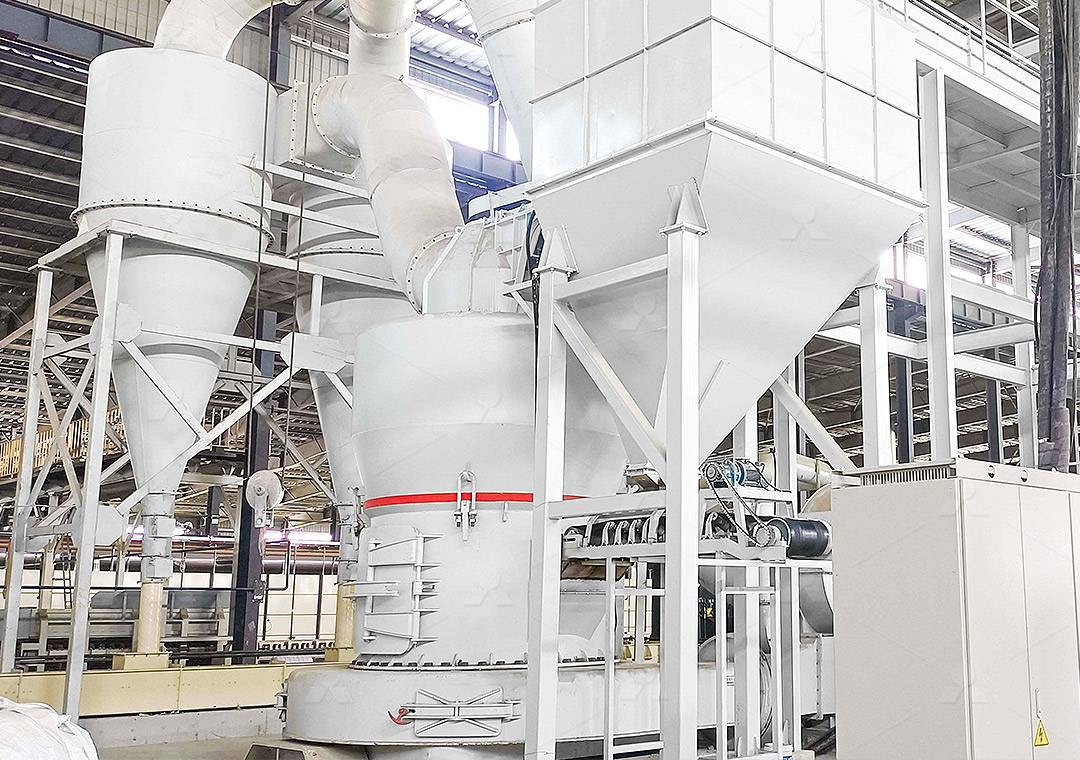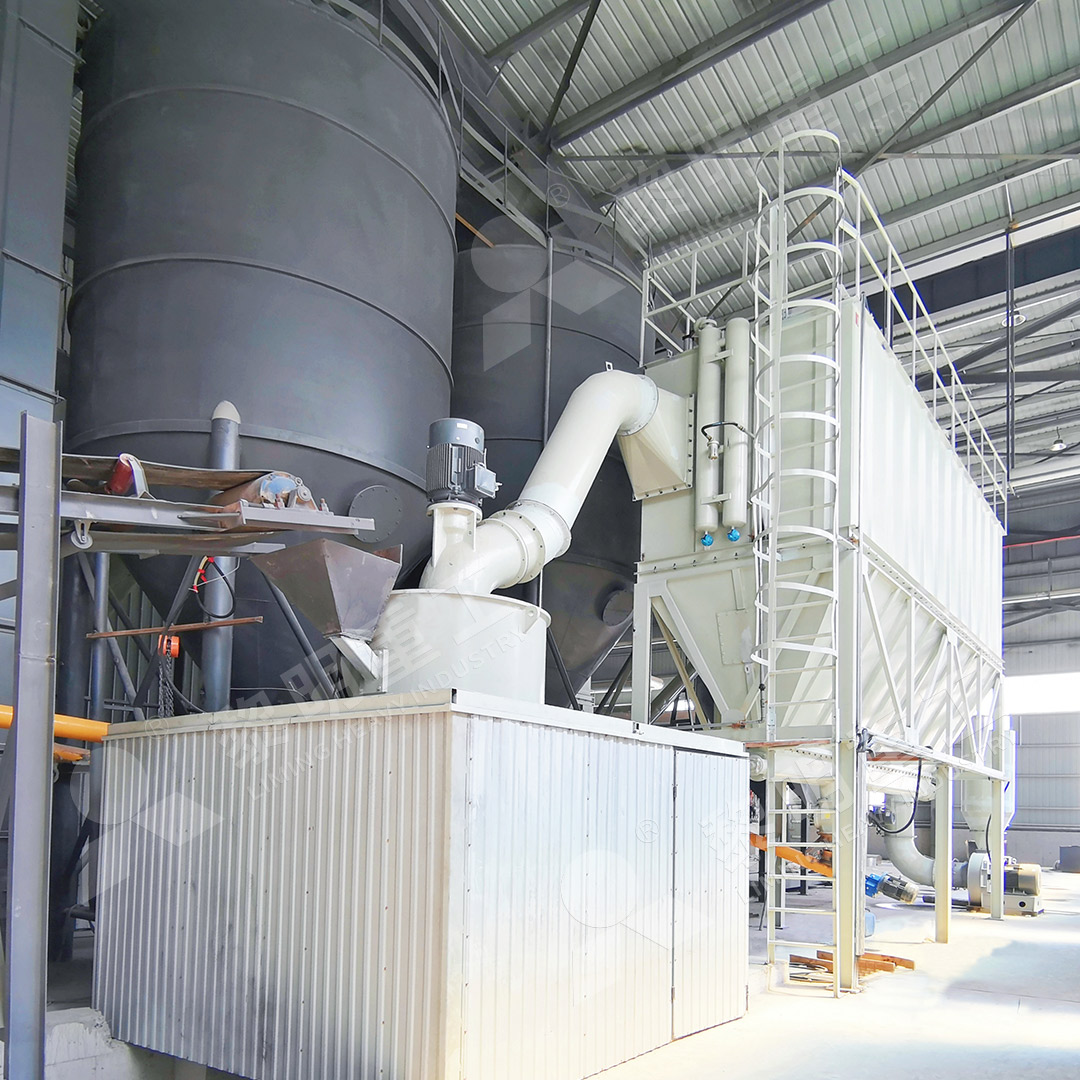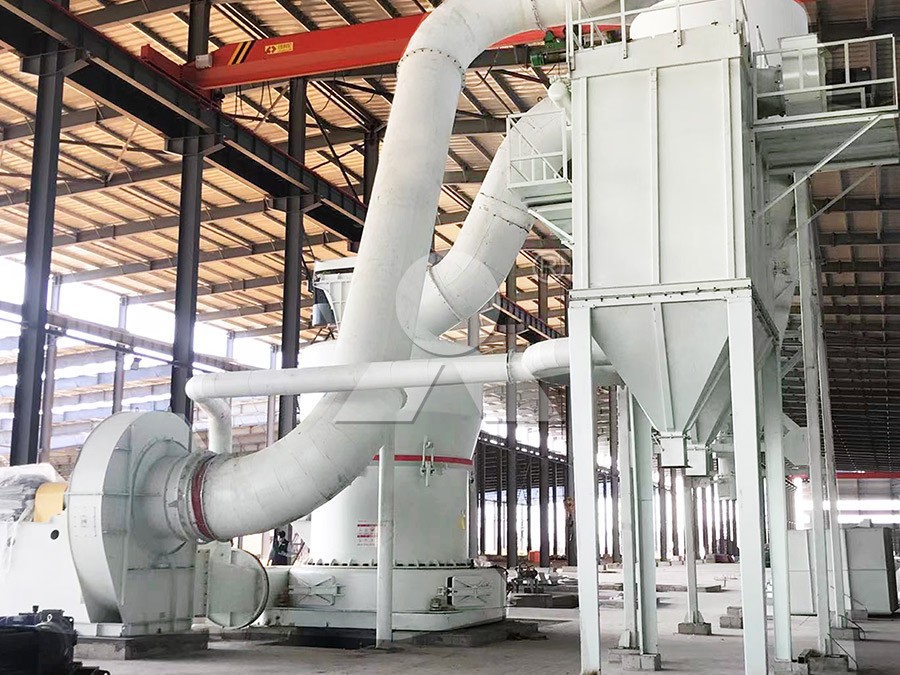Raymond Mill for Asbestos Processing: Efficient Grinding Solutions
We provide a wide range of mills — including Raymond mill, trapezoidal mill, vertical mill, ultrafine mill, and ball mill, obtained ISO9001 international quality certification, EU CE certification, and Customs Union CU-TR certification. Suitable for processing minerals such as limestone, phosphate, quicklime, kaolin, talc, barite, bentonite, calcium carbonate, dolomite, coal, gypsum, clay, carbon black, slag, cement raw materials, cement clinker, and more.
The discharge range of these mills can be adjusted to meet specific processing needs, typically from 80-400 mesh, 600-3250 mesh, and can achieve the finest particle size of up to 6000 mesh(D50).
If you are looking for a reliable grinding solution to turn stone or minerals into fine powder, please feel free to contact our online customer service.
Raymond Mill for Asbestos Processing: Efficient Grinding Solutions
Asbestos processing requires specialized equipment that can handle the unique challenges posed by this fibrous mineral while ensuring operational safety and efficiency. For decades, Raymond Mill has been the go-to solution for asbestos grinding applications, offering reliable performance and precise particle size control.

The traditional Raymond Mill design provides excellent capabilities for asbestos processing with input sizes up to 25mm and capacities ranging from 0.6-5 tph. Its centrifugal grinding mechanism ensures consistent particle distribution while the integrated separator allows for precise control over final product fineness. The system’s closed-circuit operation is particularly valuable for asbestos processing, as it minimizes dust exposure and environmental contamination.
Advanced Solutions for Modern Requirements
While traditional Raymond Mills continue to serve the industry well, technological advancements have led to even more efficient solutions. For operations requiring higher throughput and superior environmental controls, our MW Ultrafine Grinding Mill represents the next generation in asbestos processing technology.
The MW Ultrafine Grinding Mill handles input sizes of 0-20 mm with capacities reaching 0.5-25 tph, making it suitable for various production scales. What sets this system apart is its exceptional environmental performance – the integrated efficient pulse dust collector and muffler significantly reduce dust and noise emissions, ensuring minimal environmental impact during operation.

Key Advantages for Asbestos Processing
The MW Ultrafine Grinding Mill offers several critical benefits specifically valuable for asbestos processing:
- Higher Yielding with Lower Energy Consumption: Production capacity is 40% higher than jet grinding mills and twice as large as ball grinding mills with the same fineness and power requirements
- Adjustable Fineness: Product fineness can be precisely controlled between 325-2500 meshes with screening rates achieving d97≤5μm in a single pass
- Enhanced Safety Design: The absence of rolling bearings and screws in the grinding chamber eliminates concerns about bearing damage or loose screws causing machine failure
- Superior Dust Control: The pulse dust collection system ensures no dust pollution during operation, crucial for asbestos handling
Operational Excellence
Beyond the technical specifications, the MW Ultrafine Grinding Mill delivers operational reliability that translates to reduced downtime and maintenance costs. The external lubrication system allows for maintenance without shutdowns, supporting continuous 24-hour production schedules. Digitalized processing ensures high precision manufacturing of core components, while our comprehensive spare parts support guarantees worry-free operation.

For operations requiring vertical grinding solutions, our LUM Ultrafine Vertical Grinding Mill offers another excellent option with input sizes of 0-10 mm and capacities of 5-18 tph. This system integrates advanced German powder separating technology with unique roller shell designs that generate material layers more effectively, resulting in higher finished product rates from single-pass milling.
Frequently Asked Questions
What makes Raymond Mill suitable for asbestos processing?
Raymond Mill’s closed-circuit operation, precise particle size control, and reliable performance make it ideal for asbestos processing. The system minimizes dust exposure while delivering consistent grinding results.
How does the MW Ultrafine Grinding Mill improve upon traditional Raymond Mills?
The MW Ultrafine Grinding Mill offers higher capacity (0.5-25 tph), superior dust control through pulse collection systems, adjustable fineness between 325-2500 meshes, and 40% higher production capacity compared to traditional systems with the same power consumption.
What safety features are particularly important for asbestos grinding?
Critical safety features include efficient pulse dust collectors that prevent dust pollution, mufflers for noise reduction, and designs that eliminate internal components that could generate contamination risks. The MW Mill’s lack of rolling bearings and screws in the grinding chamber is especially valuable.
Can these mills handle different types of asbestos fibers?
Yes, both Raymond Mill and MW Ultrafine Grinding Mill can process various asbestos types with appropriate adjustments to grinding parameters and separator settings to achieve the desired fiber characteristics.
What maintenance advantages do these systems offer?
The MW Ultrafine Grinding Mill features external lubrication that enables maintenance without shutdowns, while the absence of internal screws and rolling bearings reduces failure points. Both systems are supported by comprehensive spare parts programs.
